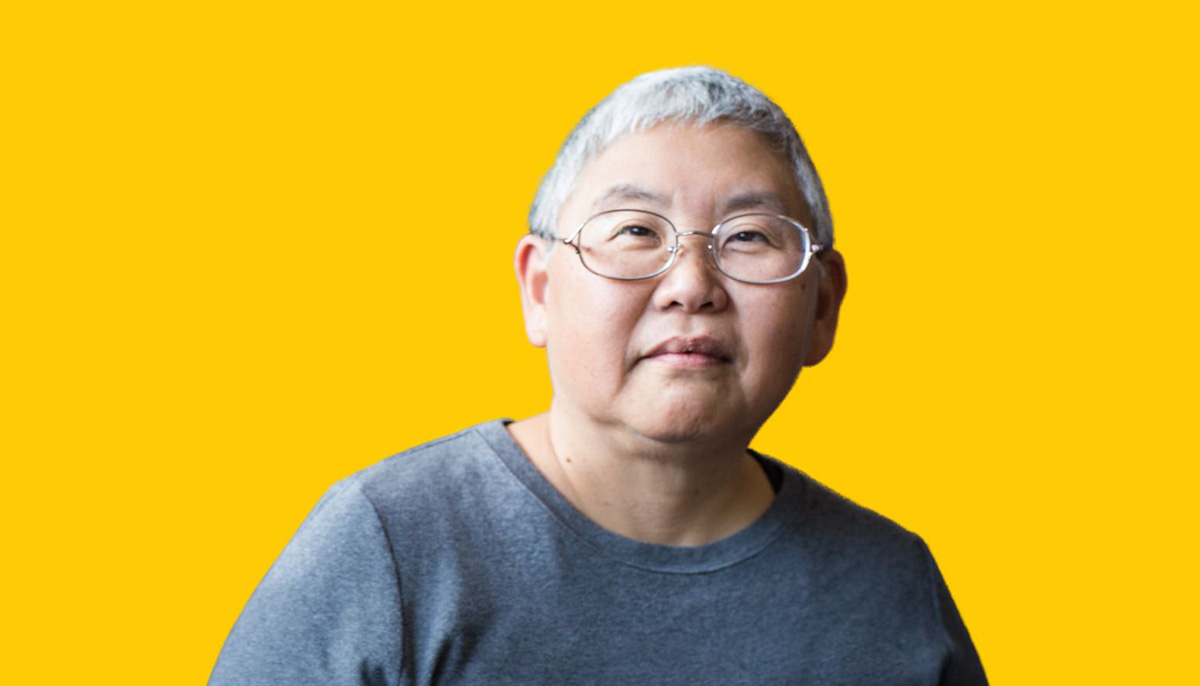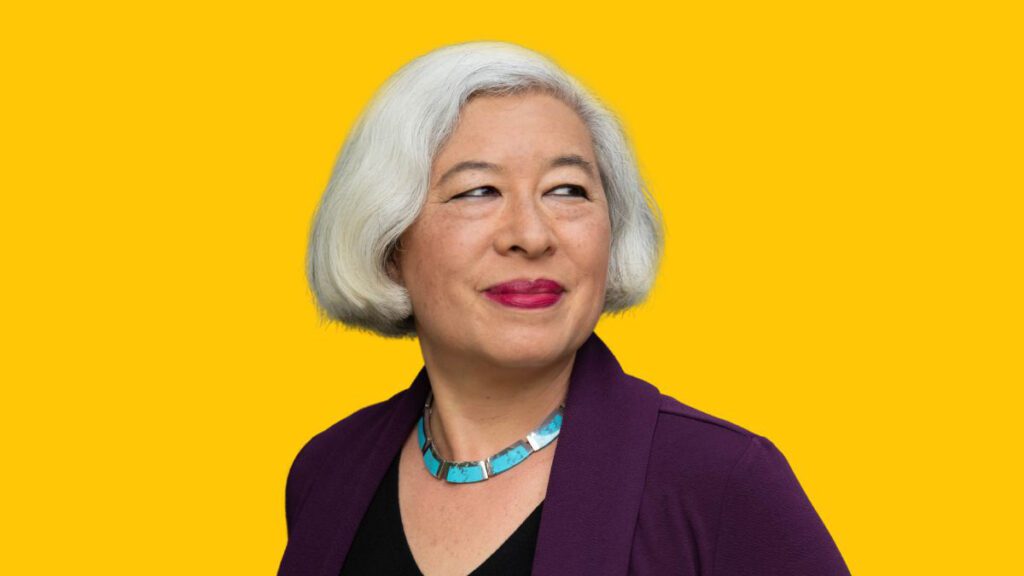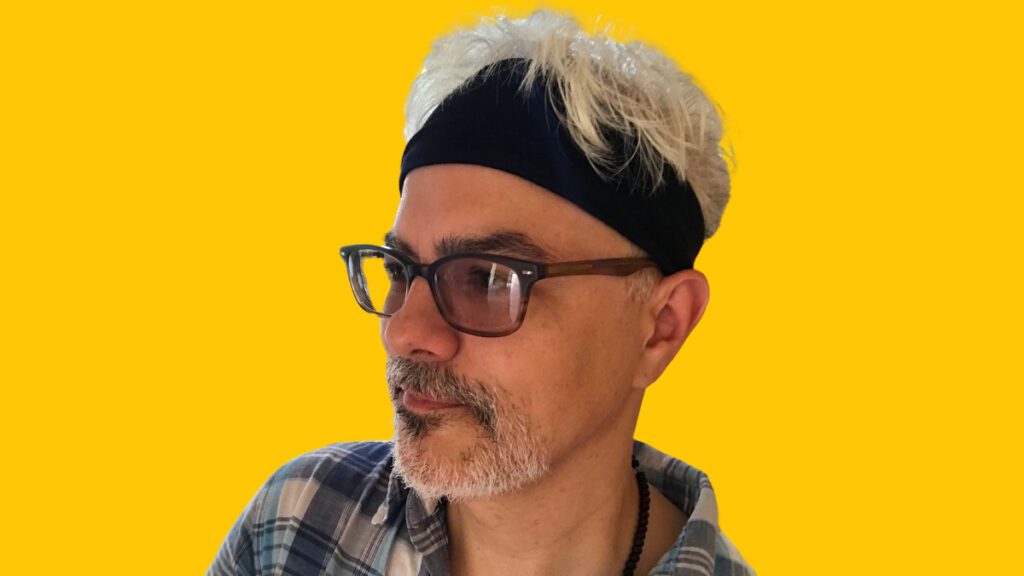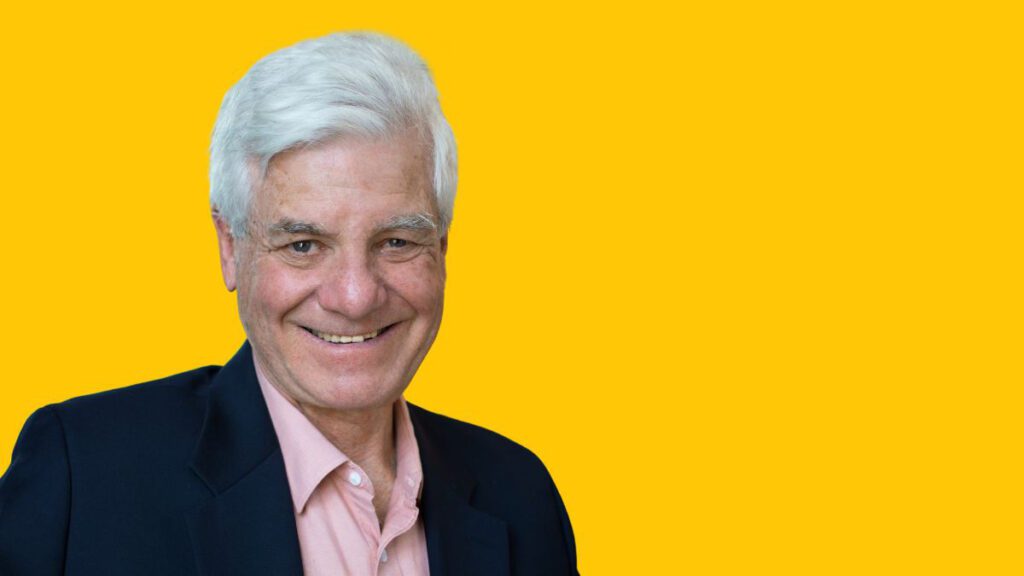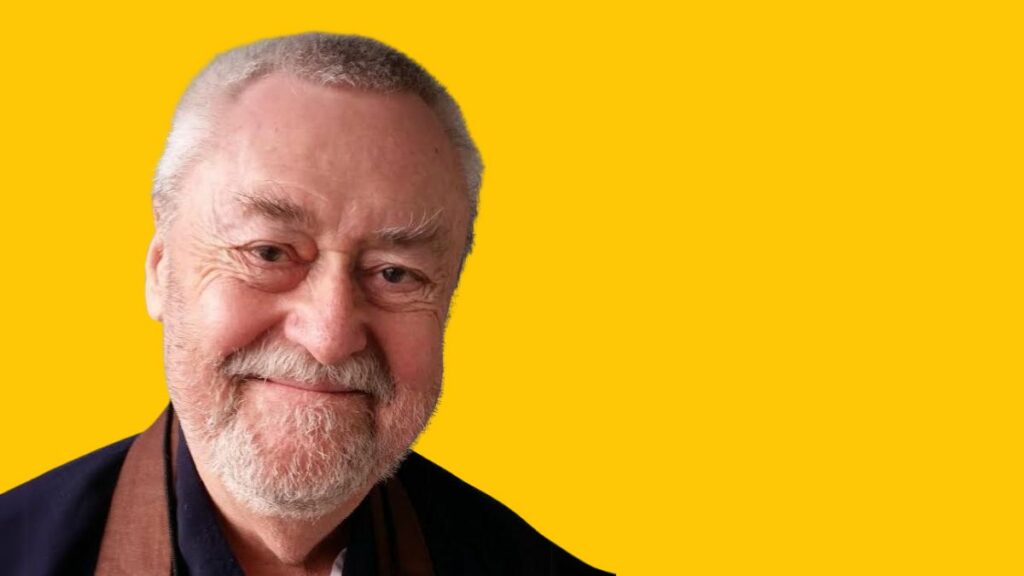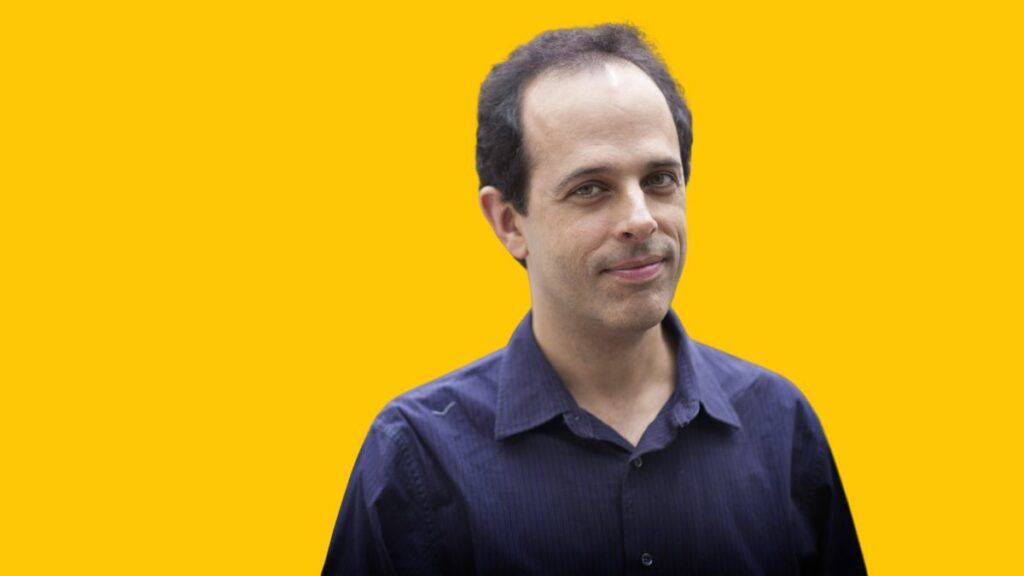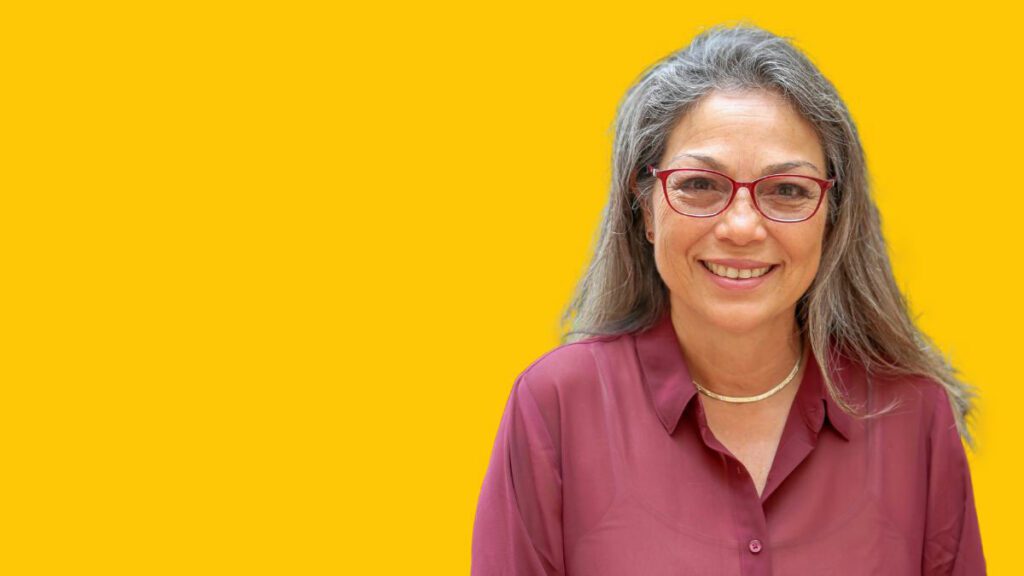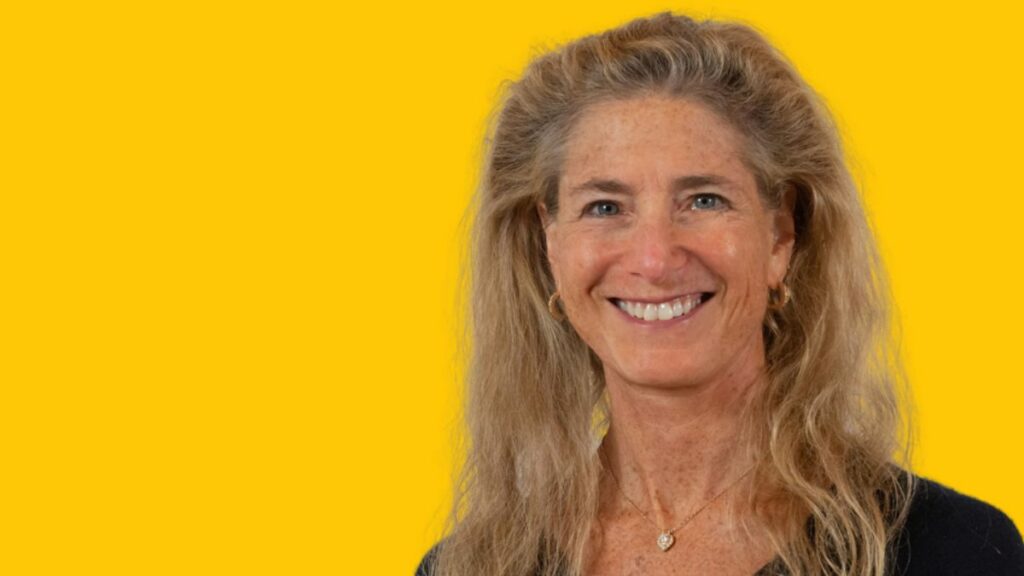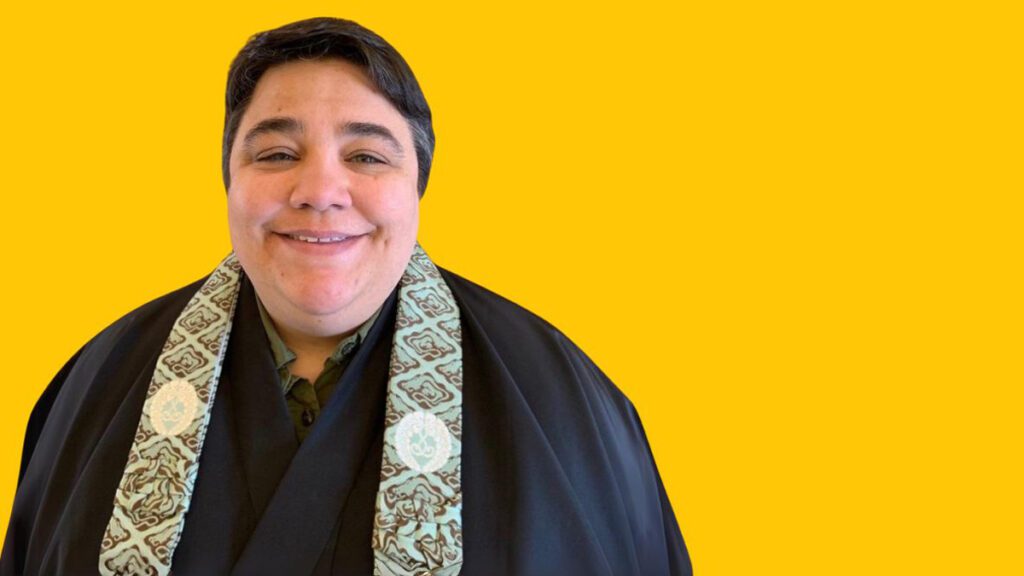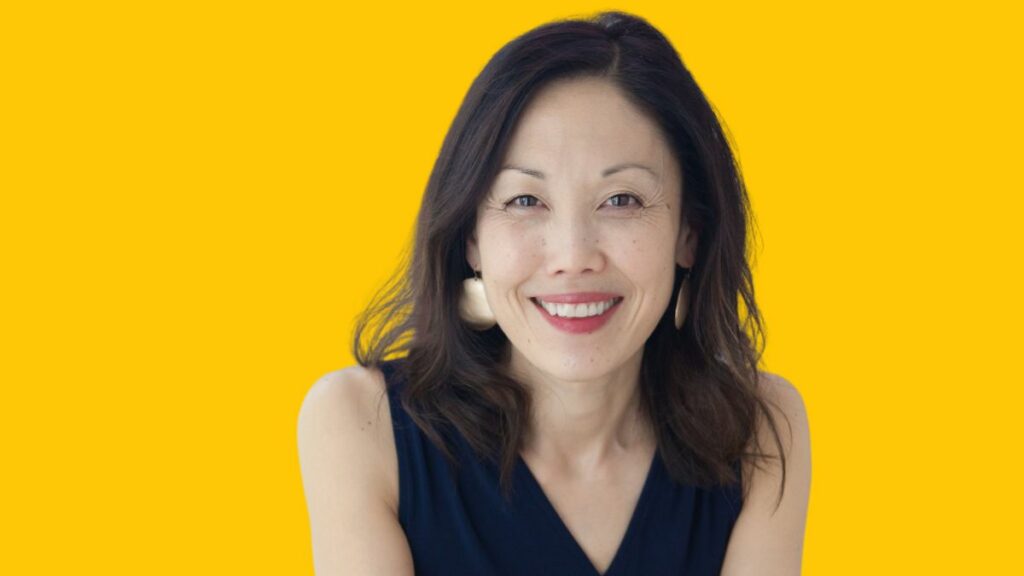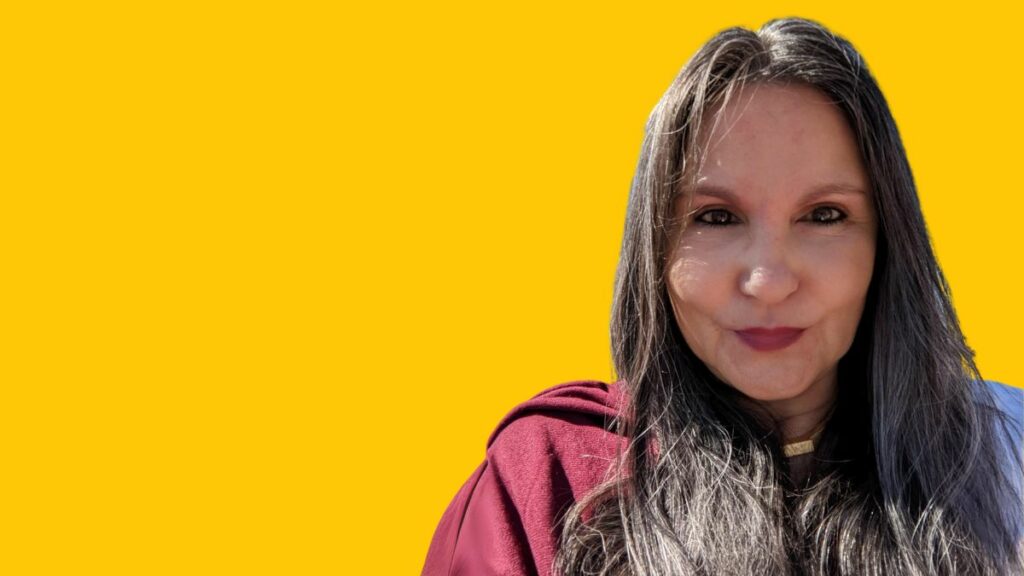Feelings of grief, panic and helplessness can lead one to do unpredictable, irrational things. In this selection from Lion’s Roar’s online course, Medicine for Fear, dharma teacher Mushim Patricia Ikeda of the East Bay Meditation Center talks about the art of “feeling all the feelings” without causing harm to yourself and others and why the smallest act of kindness can be a powerful form of activism.
Sandra Hannebohm: Welcome to the Lion’s Roar podcast from the publishers of Lion’s Roar magazine and Buddhadharma, The Practitioner’s Guide. I’m Sandra Hannebohm.
When dealing with the big emotions like grief, panic, and helplessness, that’s when fear can make you do unexpected and irrational things.
In this selection from Lion’s Roar’s online course, Medicine for Fear, in partnership with the New York Zen Center, East Bay Meditation Center dharma teacher Mushim Patricia Ikeda says the greatest art is the art of acknowledging, honoring, then transforming the biggest emotions that we have as human beings without causing harm. Which is why it’s so powerful to actively envision what you can do to create space, no matter how small, of safety and joy for others and yourself.
Mushim Patricia Ikeda: Hi, I’m Mushim Ikeda. I’m a Buddhist teacher, and right now, I’m in my home in Oakland, California, in the USA. I live on the land of the confederated villages of the Lisjan Ohlone people. And today is in May in the year, 2022.
What I first want to say is this – I have no doubt that you have your own wisdom and your own good medicine for fear and anxiety. And, if you’re like me, it can really help sometimes to share our feelings with a trusted spiritual friend, any friend, a therapist, or a healer.
In Buddhism, we call it the kalyanamitta or the kalyanamitra, the good spiritual friend. And sharing with you two things. First, my learnings from an experience I had a couple of years ago at the start of the global COVID pandemic when I felt completely panicked and helpless.
Second, some thoughts about fearlessness and what has been called pre-figurative activism. And I’ll explain that more later. In brief, actually, it’s on a small scale, perhaps even for just a few hours, trying to create a microcosm of the world in which we wish to live. A world of loving-kindness, trust, safety, contentment, and joy in which we’re not merely surviving. We’re trying to create in a miniature scale, a setting where we can experience what it feels like and looks like, and sounds like, and tastes and smells like to be thriving, not just surviving, thriving. Here and now.
When I was thinking I felt a little bit of friction with a thought, do we transcend fear? Do I transcend fear? Which to me implies sort of rising above it through some kind of, I don’t know, spiritual power. To be honest, I don’t really believe that I can personally transcend or rise above or that I should try to transcend or rise above any huge emotion, no matter how painful and how difficult. I’m not talking about taking reasonable breaks. I’m not talking about appropriately titrating trauma, meaning that we don’t, uh, if we can choose that we don’t allow the full force of it to flood us. I’m not talking about that.
I am saying that for myself, that I try not to use my spiritual beliefs and my spiritual practice to transcend anything I’m feeling, like rage or fear, hatred or despair, or profound grief for the loss of loved ones, which so many of us have experienced always and perhaps in particular, during the global pandemic.
Another huge emotion that I experience every day is being called by some people eco-grief as entire species of living beings quickly go extinct, perhaps even as you’re listening to this talk and as I’m giving this talk, and giant waves of all these emotions. It can feel overwhelming.
For the past number of years, I’ve been working with a wonderful psychotherapist who specializes in trauma. And one day, in a session in-person before the pandemic, they said to me, you have to feel all the feelings. I gave this therapist a dirty look like really? And they said, I know, I know it’s easier said than done. Those are words of truth, feeling all the feelings, all the feelings. And yet, what is it that makes us human? What is it that creates the greatest, we might even say most transcendent art?
For me, it is the art of living. It is the life that is able to hold, to honor, to acknowledge, and to transform and change the largest emotions that we have as human beings, without harming anyone or anything.
What are the feelings that you’ve been feeling recently? What are your resources to help you process and transform them into wisdom and into compassion?
I feel, and as do many other people that we live in a time that is currently being called a poly crisis. Poly being many, of course, crisis being crisis. Many co-arising and interconnected global and local crises. And let’s be clear. From my point of view, there is a lot to be afraid of for each one of us.
I think in particular of the communities I serve through my home temple, which is the East Bay Meditation Center here in Oakland, California, in the United States, because we were founded specifically to serve historically excluded communities. Black indigenous and people of color communities, the LGBTQI two-spirit communities.
At this point, I’d like to invite you into my time machine to share with you and experience a true experience that I had with fear and clarity and some fearlessness at the start of where the global pandemic began to affect all of us in the area in which I live. Let’s get into the time machine. We’re going back in time magically.
And here we are in mid-March in the year 2020, days before we go into pandemic lockdown. I don’t know how you felt wherever you are, and whenever the huge impact, the watershed event, I would say certainly of my life in that as has been said, there will be no normal to go back to. I was terrified, I was in shock, and I was doing my best to cope by buying food and checking our emergency supplies of water, flashlights, and so on.
Where I live, this is an old house; I’m in a flat, in an old house, Victorian era. It’s been through two big earthquakes, and we are due for another one. That’s what the geologists say and I believe them. Therefore, we are normally, I think, pretty well prepared for earthquake emergency, and that is not a global event. It’s very local. Global pandemic. COVID-19 so much unknown even now. And at that point, almost everything seemed to be unknown except that people were dying.
In the midst of this giant, giant storm of fear, I suddenly had what for me is a very rare experience, extremely rare in my life. What I would call a genuinely religious experience. I know some people don’t like the word religion. And maybe you would prefer I’d say, spiritual experience. However, this was not, believe me. It was a real religious experience.
And what happened is that I was, I was, I was just terrified. I was really freaking out, and just suddenly, the world came to a stop, and just a huge, clear space opened. And I heard an inner voice of absolute clarity, which said three things.
Now I do want to add that sometimes one can feel well; I have a sense of deep inner knowing and this voice is telling me spiritual voice is telling me things. And they’ve been, it’s been really like wrong or off. I mean, that can happen. Gotta question. However, in this case, it wasn’t. Here we are over two years later, it was all good.
So this voice said to me three things without any kind of fanfare, said one, you don’t know how bad things will get. And the image that came to my mind is of looking out my window. The windows that look out onto the residential street where I live, the image that came to my mind was of, uh, people having to bring out the shrouded bodies of their dead and put them on the curb for pickup.
So that was the first thing – you don’t know how bad things will get. The second thing was – therefore, therefore your priority from this moment on Mushim is your own physical and mental health. Now you’ll notice the voice did not say and your spiritual health. That’s because, as a Buddhist, the Dharma, the teachings of Buddhism, I mean, the very foundation is that sickness, old age, and death are inevitable and change is always occurring. So I thought there’s going to be no problem. There’s going to be no problem with Buddhism for me. The problems will be my physical and mental health. Gotta be my priority.
Third and last, this inner knowing said, you have to, this one surprised me, said you have to proactively forgive everyone, including yourself for everything.
I don’t think I’m so bad at forgiveness. However, it’s not my area of greatest skills either. However, the voice was like, it didn’t care about how good I was at forgiveness. It said, you just have to right now, forgive everyone, including yourself, for everything.
I entered into Buddhism through Zen Buddhist practice, which is closely connected to poetry. And my university study was in poetry writing. I’m a poet, so I’m no stranger to what we might call inner voices. However, this was different. And I’d like to unpack it just a bit more to share some of my learnings, which have sustained me very well through the last two years.
First, you’ll notice that the inner voice that I heard said, you don’t know how bad things will get. It didn’t say things will get ultimately bad. It said you don’t know. And that was a good reminder to me because there’s a lot of emphasis in Zen Buddhism on what we call only don’t know the don’t know mind. Shunryu Suzuki, the founder of the San Francisco Zen Center, famously talked about the beginner’s mind saying in the beginner’s mind, there are many possibilities in the expert’s mind few.
This was a potent reminder to me that I needed to enter into what whatever was ahead in the most mindful way, observing everything, learning from everything. And indeed, there have been opportunities as well as tragedies. There have been openings as well as endings.
Secondly, when I heard your priority is now your physical and mental health. I was reminded of my bodhisattva vows, which are the Mahayana Buddhist vows to stick around as long as we can, to keep returning, and to keep trying to help and to reduce suffering. These days in social justice activist circles, it’s often said very wisely self care is community care. It’s not selfish; the better we can take care of ourselves and our own physical and mental health, the more we can be happy. It directly affects our communities, it’s like a gift to our communities.
And the last thing the voice ordered me to do was proactive forgiveness. It actually said universal everyone and everything because this deep inner knowing somehow knew that under huge stresses, and this has been true in my area, people, myself included, do strange and irrational things.
So, therefore, it’s absolutely no use wasting energy on constantly being outraged and going around saying what the, what the, why, why, what the. No. Forgive them, which is not the same as condoning harmful behaviors, forgive myself, and roll onward. In other words, universal forgiveness as a form of pragmatic, spiritual concentration, grounding, and centering, and what we can do now in the time that we have in the places where we are.
And this leads right into the second thing I’d like to share with you. From one spiritual friend to another, from one kalyanamitta to another, on the topic of medicine for fear. A fancy way to say it is pre-figurative activism. And that is a term that points to our ability, even though we don’t have the power to immediately change the huge systemic oppressions and systemic violences that directly impact so many of us, most of us. Even though we don’t have that power, and we do work towards it as best we can. What do we have power over?
I’ll give you a few examples of prefigurative activism. One is that here in Oakland, there were a group of acupuncturists, and they got permission, I guess, from the city. And on part of one block in the city, they set up reclining chairs, and then they offered acupuncture to people who were walking by on the street on a first-come, first-serve basis.
I mean, what a perk, wouldn’t that be great. and that was for like a four hour period on a Saturday I believe. That’s prefigurative activism. This feeling that I can receive something that’s going to help me, it’ll help my physical and mental health, it will kind of give me an energy boost for the day or help me relax, and this is all part of how the community takes care of one another.
My home temple East Bay Meditation Center, is also an example a little bit longer, but not much in the grand scheme of things, 15 or 16 years, East Bay Meditation Center. We were founded to be centered around social justice and inclusivity.
This is really a good way, I feel, to lift the boulder of overwhelm and despair. Think small. Kind of counterintuitive. Think small. Or, phrasing it another way, instead of saying go big or go home, say go big by going home. Go big by creating home. I’d love for you to join me, envisioning what you can do, what I can do right now to create spaces of more safety, more trust, more belonging, more creativity, more joy, more contentment, and relaxation here and now making this moment our true home as Thich Nhat Hanh has said.
I often ask myself, what actions can I take? What are my actual behaviors that can help people with whom I interact on a daily basis? The family member with whom I live, my coworkers, close friends. What actions can I take? What are my actual behaviors to support others in feeling truly seen and deeply heard by me? There isn’t an answer book for this. This requires us to interact with people and ask them.
Do you feel that I really see you? Do feel that I deeply hear you? Do you feel that I recognize you and value you? Do you feel that I respect you? And as we enter into these processes, then we learn more about each other because we do come from different cultural backgrounds, different generations, lots of differences. And then, this way, we become larger. And if these people do me the honor of giving me their trust, what are my actions and behaviors to preserve that sacred trust?
Nothing is too small. Nothing is too small. A thank you card, a phone call making someone their favorite snack. I urge you to do it and do it now. Don’t wait. We’re in this together, you and I, and we have everything that we need.
Sandra Hannebohm: Thanks for listening.
Mission-driven, non-profit, and community-supported, Lion’s Roar offers Buddhist teachings, news, and perspectives so that the understanding and practice of Buddhism flourish in today’s world and its timeless wisdom is accessible to all. We do this by providing as many entry points as possible through print and digital publications, our website, video, social media, online courses, practice retreats, and more. We try to bring dharma to people right where they are, knowing the difference it can make in their lives. You can help us spread the dharma by leaving ratings and reviews. Or go to Lionsroar.com to subscribe and get unlimited access to online articles, new magazine issues, and several collections, plus perks and exclusives from Lion’s Roar Magazine and Buddhadharma, The Practitioner’s Guide.
